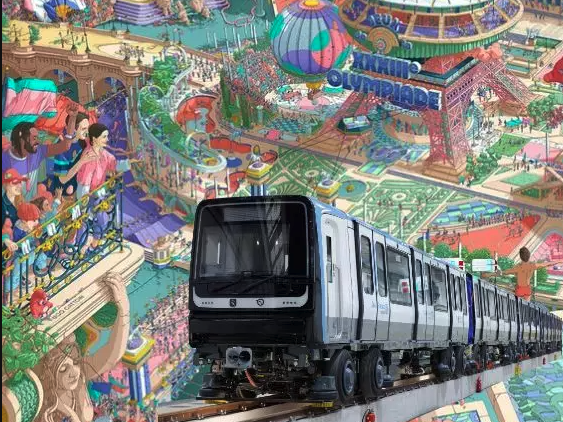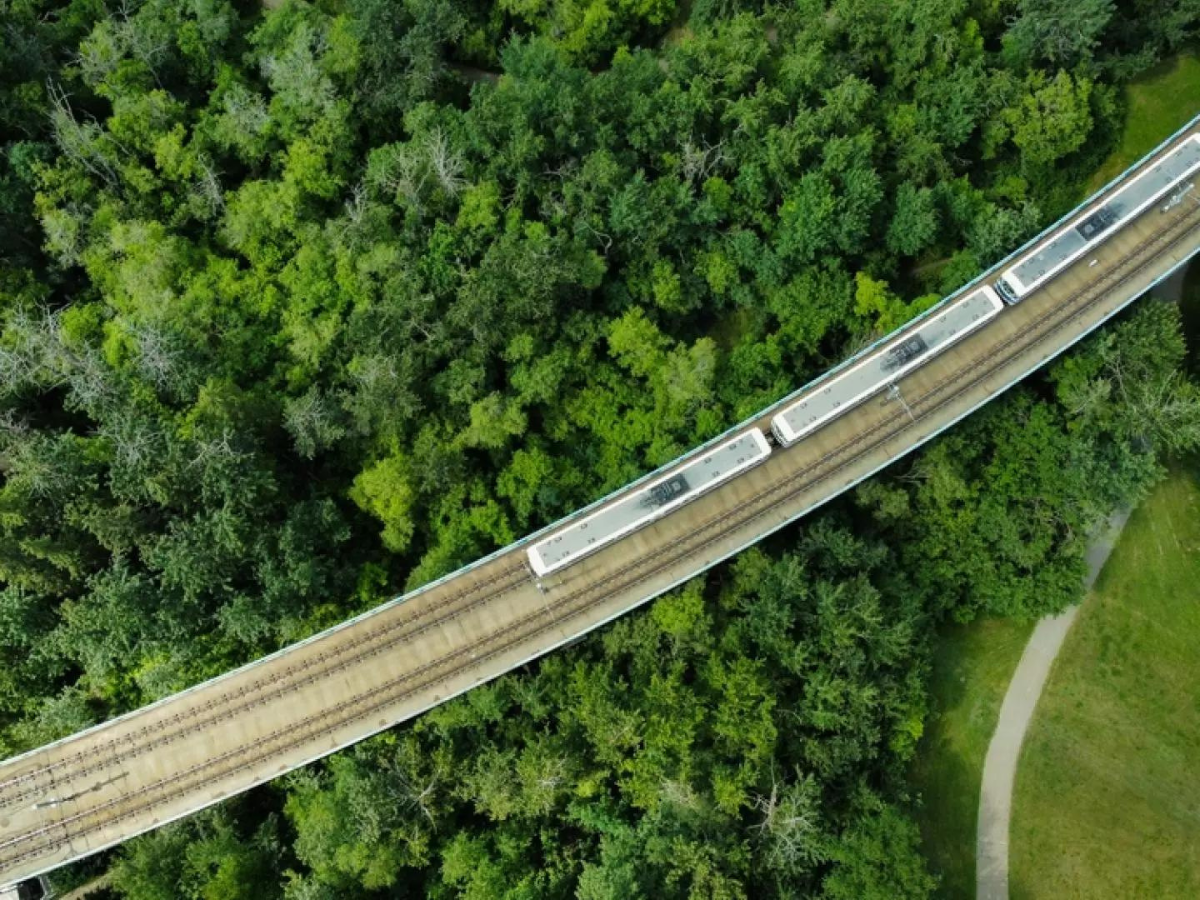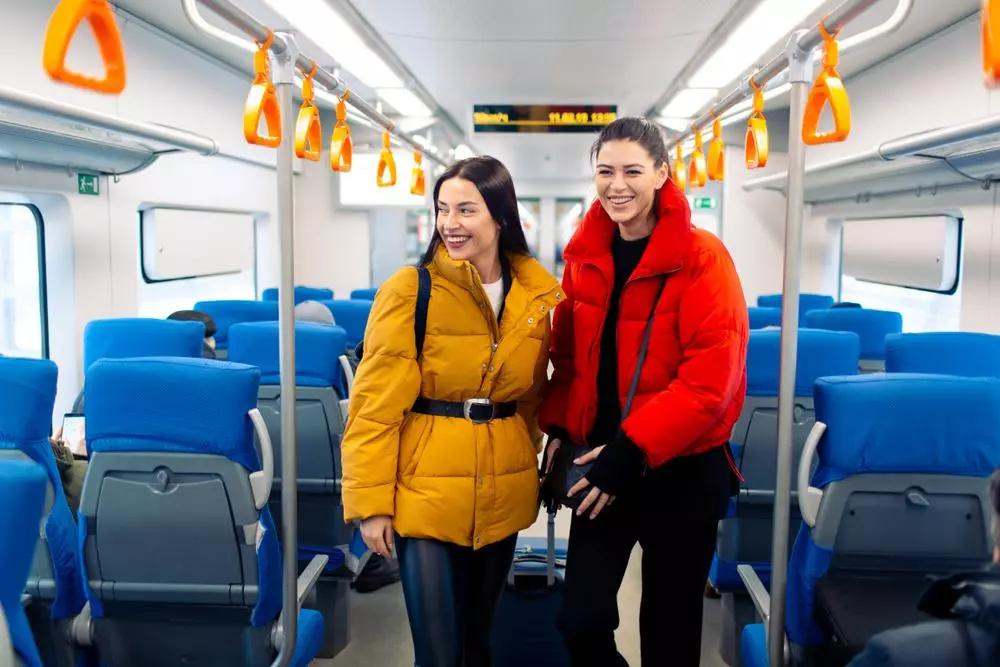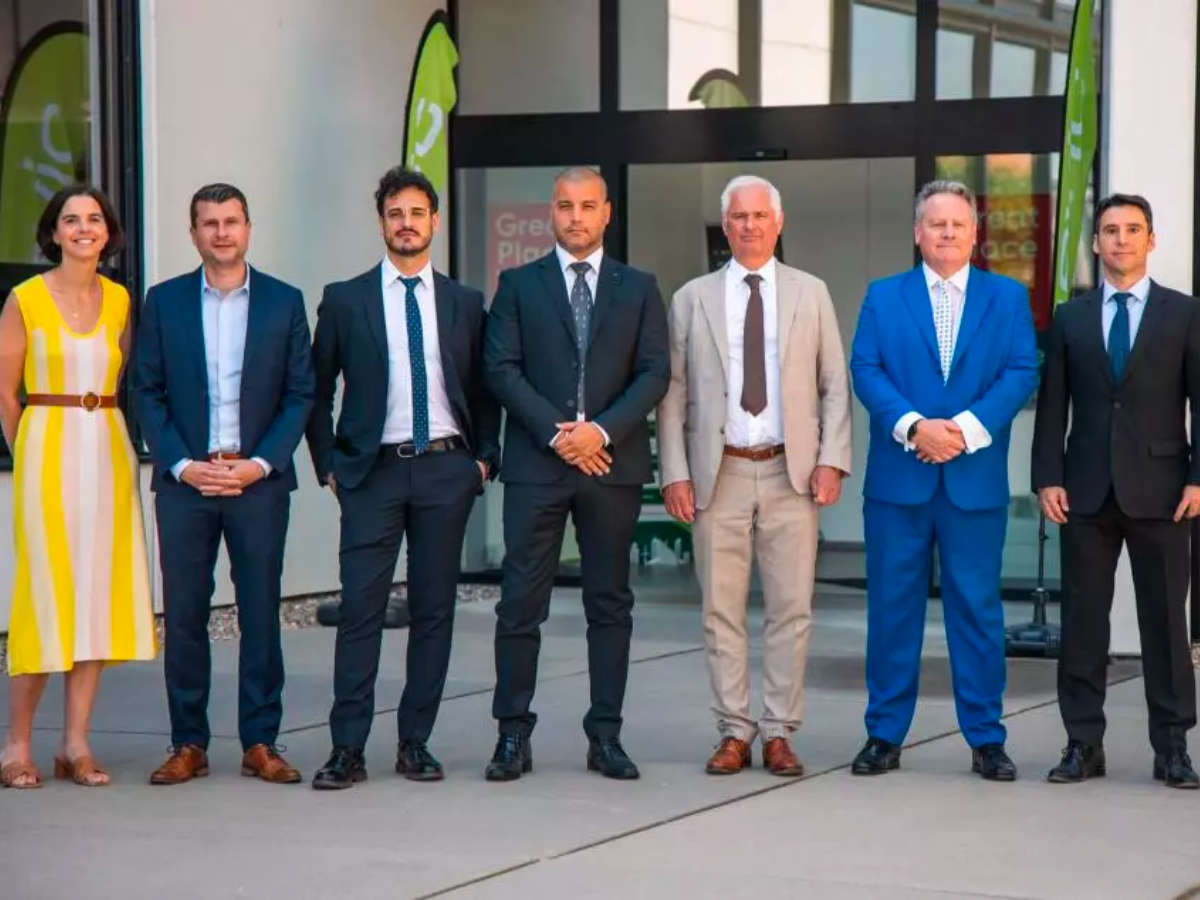Railway networks are not just transportation hubs but also a microcosm of society.
Here, security challenges range from petty theft to severe threats like terrorism. CCTV systems act as vigilant eyes of the railway security ecosystem, discouraging criminal activities and providing crucial real-time surveillance.
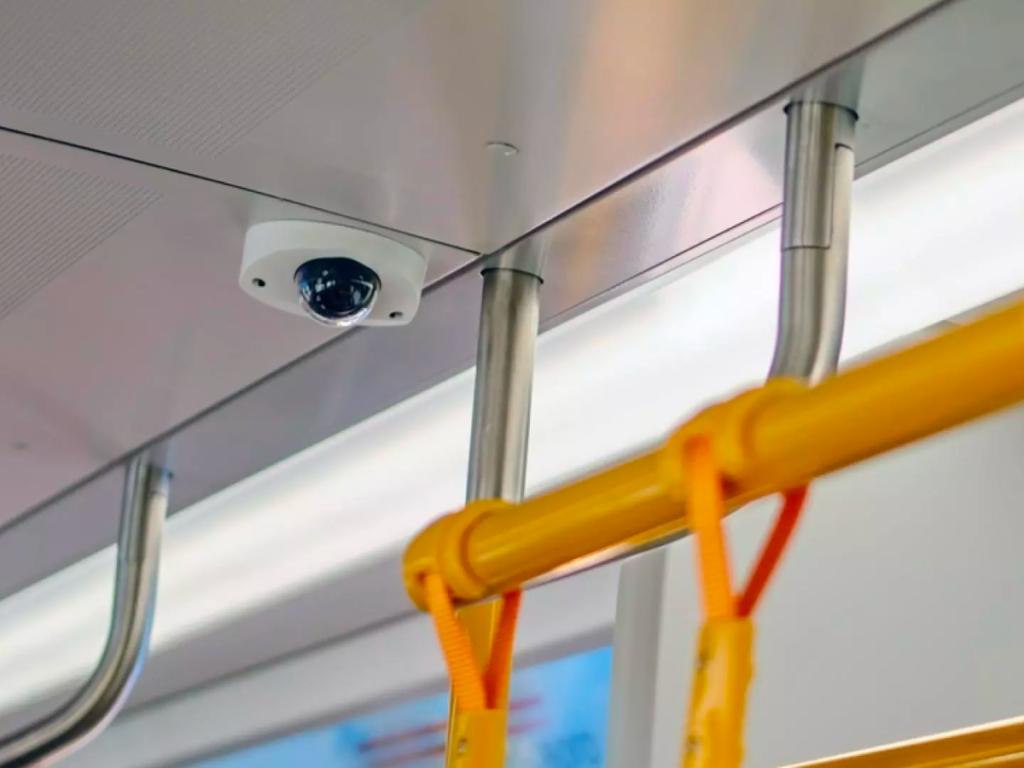
They help detect safety hazards and provide evidence in case of incidents. On one side cameras can make passengers feel more secure, knowing that authorities are actively monitoring for any threats.
Privacy Concerns with Railway CCTV
The presence of CCTV systems onboard trains, while crucial for security, raises nuanced privacy concerns. Having cameras within the train prompts questions from passengers about who accesses their recordings and live feeds and from staff about workplace surveillance.
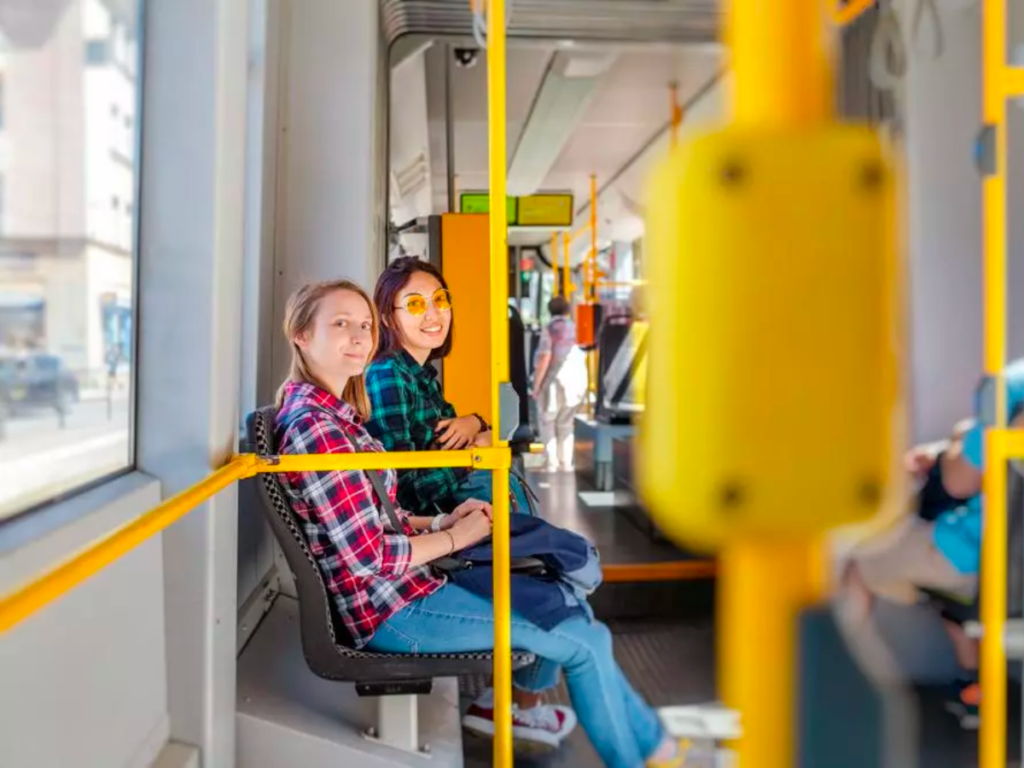
The concern is not just about the constant surveillance but also about how this footage is used and stored and who has access to it. The risk of misuse of this data must be addressed, especially considering the sensitive nature of some captured images.
Legal Framework and Compliance
Navigating the complex legal landscape is crucial for railway operators. In Europe, for instance, the General Data Protection Regulation (GDPR) imposes strict data collection and processing guidelines.
These laws mandate railway authorities implement measures protecting individuals’ privacy rights. Compliance is not just a legal requirement but also a moral obligation to respect the privacy of the millions of passengers who use the railway network.
Best Practices for Privacy Compliance
To ensure privacy compliance, railway operators must adopt a series of best practices:
Minimizing data collection: Only necessary footage should be collected. Non-essential areas, especially those where individuals expect a high degree of privacy, such as toilets, should be off-limits for CCTV surveillance.
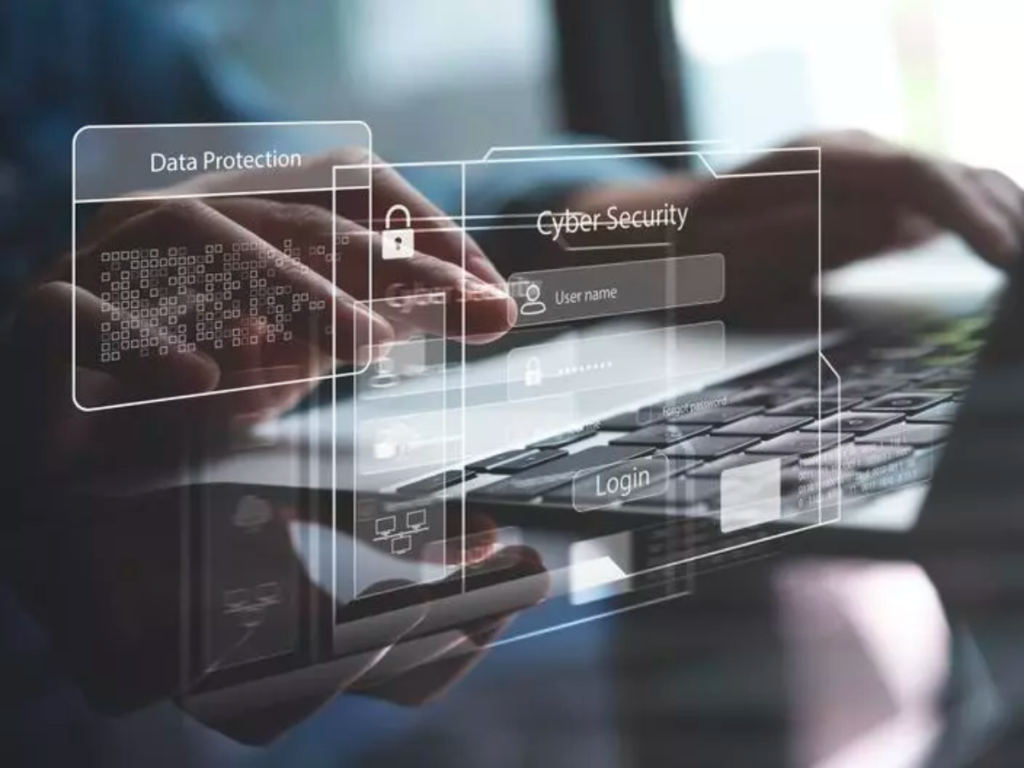
Data protection measures: Robust measures must be in place to secure footage storage. Access is strictly controlled and logged, with data encryption and combined physical and digital safeguards to ensure that only authorized personnel can access recordings.
Transparency: Clear signage and public notifications about the use of CCTV are essential. Passengers should be aware that they are being monitored and understand its purpose.
Regular audits and compliance checks: Regular checks are necessary to ensure that the CCTV systems are being used in compliance with legal and ethical standards.
Balancing Security and Privacy
The challenge is finding a spot where security needs do not override privacy rights. Technologies like AI can play a pivotal role here. For instance, AI algorithms can be programmed to detect anomalies or threats without necessarily identifying individuals. Facial recognition features can be tuned to blur faces, thus maintaining anonymity.
Such technological advancements can significantly mitigate privacy concerns while maintaining high security.
Our Contribution
At Televic GSP, our dedication lies in providing a CCTV system that meets and exceeds the stringent cybersecurity and privacy legislation across various railway sectors. We achieve this through precision tooling for camera deployment to ensure comprehensive coverage, encrypting all data with industry-standard algorithms, and implementing automated deletion of recordings after a configurable retention period. Furthermore, our stringent access control measures ensure that only authorized personnel can manage the footage.
By integrating these and further practices, we demonstrate our commitment to safeguarding personal freedom in a technology-driven world.
Your insights and inquiries are important to us. We warmly encourage you to reach out and share your thoughts or questions, connect with us at [email protected]
This article was originally published by Televic GSP.






